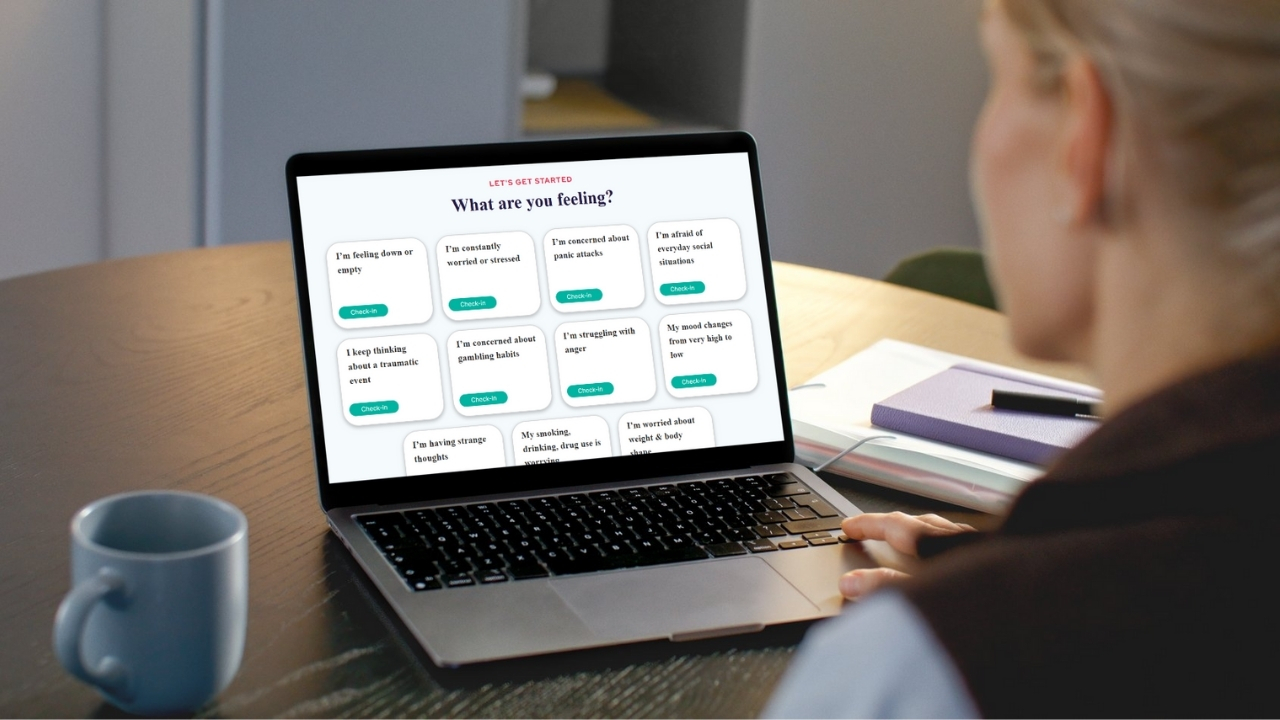Spiritual Direction
Explore Your Spirituality

What Is Spiritual Direction?
Whether you consider yourself spiritual, spiritual but not religious, spiritually questioning, religious or spiritually curious, Spiritual Direction might be what you’re looking for. Spiritual Direction is an opportunity to meet with a trained Spiritual Director to explore your unique personal spiritual thoughts, questions and experiences. It offers you the opportunity to examine the spiritual side of being human and helps you unfold your sacred story.*
We are not human beings having a spiritual experience, rather we are spiritual beings having a human experience.” – Teilhard de Chardin

Exploring Spiritual Direction
Spiritual Direction is a practice with roots in the Catholic tradition but is now embraced well beyond the Christian faith including those who are not religious at all. Today, Spiritual Direction is sought and given by a wide range of people for numerous reasons. A Spiritual Director is a trained listener as you explore, discover and deepen your spiritual life. It provides a nonjudgmental, hospitable, and confidential space where you can rest in divine presence. Its benefit includes helping make sense, at a spiritual level, of the challenges one might be facing and/or consider answers to fundamental questions about one’s life and purpose. A Spiritual Director is not an advisor but more of a spiritual companion helping you name and experience the sacred as you come to understand it. Your Spiritual Director brings no agenda and together, you will identify and your spiritual perspective and beliefs, as well as how they impact your relationships and daily life.

What to Expect in Spiritual Direction
Spiritual Direction focuses on the client’s spiritual life. As emotions, relationships, matters of physical and mental health, and other everyday problems arise in spiritual companionship sessions, they are understood as means to explore and experience the client’s spiritual life rather than difficulties to be solved in the session. Spiritual Direction is not a substitute for mental health counseling. The session is a contemplative space – a place for honest reflection, listening and discerning. It is an unhurried time to nurture your soul, which may include any combination of conversation, prayer, silence, meditation, spiritual practices and readings. Spiritual Direction sessions are typically once a month (more if needed), for 45 minutes to an hour. The frequency of sessions is determined by various factors including need, life circumstances, etc. Spiritual Directors have different approaches depending on the client’s need and preferences. To find out more about what would work for you, contact our office.
Sacred is the power, being, or realm understood to be at the core of existence and to have a transformative effect on a person’s life. Your sacred story is that aspect of your life that reflects the sacred.
Frequently Treated Issues
These are the most commonly treated issues at SamaraCare:
Family Situations
- Adult Children of Addicts
- Divorce, Remarriage & Blended Families
- Elder Care
- Family Conflict and/or Abuse
- Marriage & Pre-Marital
- Parenting
- Sexual Dysfunction
Emotional Concerns
- Anger & Aggression
- Anxiety & Panic Disorders
- Depression & Stress
- Grief & Loss
- Impulsivity
- PTSD
- Self-Esteem
- Trauma Recovery
Other Challenges
- Addiction
- Adult ADD & ADHD
- Autism Spectrum Disorder
- Chronic Illness
- Domestic Abuse
- Eating Disorders
- Life Transitions
- Self-Injury
- Spirituality
- Substance misuse
Start Your Journey
Getting Started Is Easy

Choose A Care Provider
1
Choose a Care Provider whose background, experience, and specializations meet your unique needs.

Verify Your Coverage
2
If you’re using insurance, we encourage you to check with your insurance provider about your behavioral health coverage.

Prepare For Your Visit
3
This will involve filling out pre-visit forms and preparing for your first visit, also known as your intake session.





